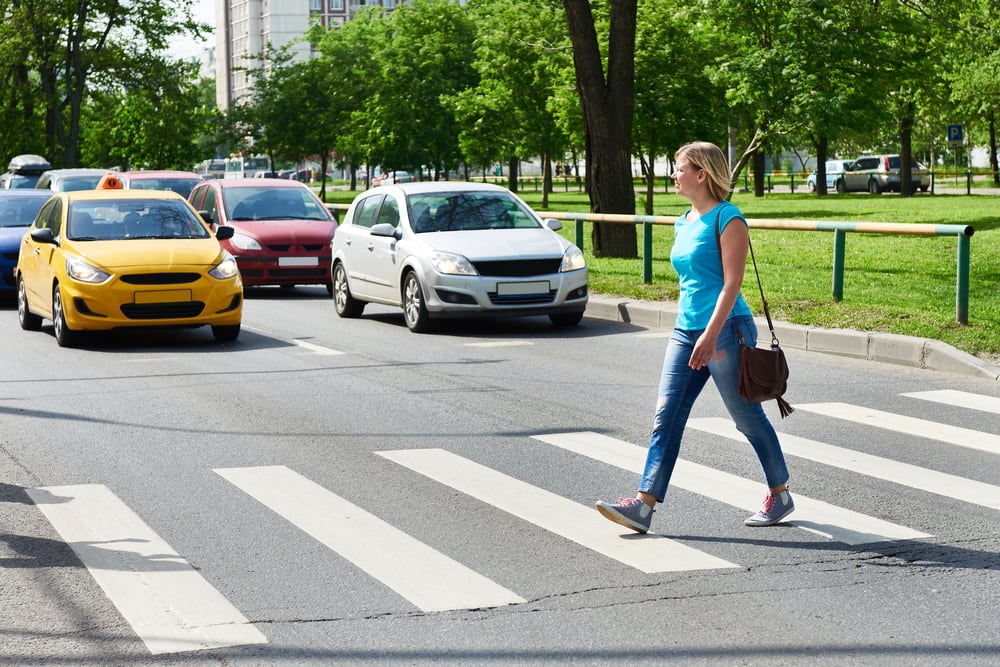

At times, one driver is going to have to yield to another, or to a pedestrian. This is both common sense, common courtesy, and law in the state of Texas. Right-of-way laws are in place for the protection of motorists and pedestrians alike, so it behooves one to learn them and obey them.
Summary of Texas right-of-way laws
The right-of-way laws in Texas can be summarized as follows:
Right-of-way at intersections
If you are driving on an unpaved road and approaching a paved road, the traffic on the paved road must be given the right of way.
If an intersection is uncontrolled, you must yield to traffic already in the intersection and to your right.
If you are turning left, you must yield to through and opposing traffic and pedestrians.
If turning right, you must yield to through traffic and pedestrians.
If you are approaching an intersection from a driveway, alley or private road, you must yield to traffic in the main road.
If you approach a railroad crossing, the train always has the right of way.
Yield right-of-way to emergency vehicles
You must always give right of way to police cars, ambulances, fire trucks or other emergency vehicle if they are using a siren, bell, or flashing red light.
If you are already in the intersection when you see or hear an emergency vehicle, do not stop. Instead, continue through the intersection and then pull over to the right as soon as it is safe for you to do so.
Pedestrians
You must always be alert for pedestrians, regardless of whether or not they are crossing legally.
Pedestrians have the legal right of way on a green light in the absence of a “Walk” signal.
Pedestrians that are already in the crosswalk have the legal right of way if the light changes to red while they are crossing.
Even if a pedestrian is violating the law, in the interests of safety, you must give them the right of way.
Common misconceptions about Texas right-of-way laws
You may believe that if you fail to yield, or commit another moving violation outside the state of Texas, you are off the hook at home. You are wrong. Texas operates on a points system, and will assign demerit points to your driver’s license even for offenses that are committed out-of-state.
Penalties for failure to yield
Failure to yield will result in two demerit points being assessed against your driver’s license; three if an injury results from your failure to yield. Fines are on the high side in Texas. Failure to yield to a vehicle or pedestrian will net you a fine of $50-$200. If you injure another person, the fine could be anywhere from $500 to $2,000. And if the injury is serious, the fine will be anywhere between $1,000 and $4,000.
For more information, consult the Texas Driver Handbook, Chapter 4.



